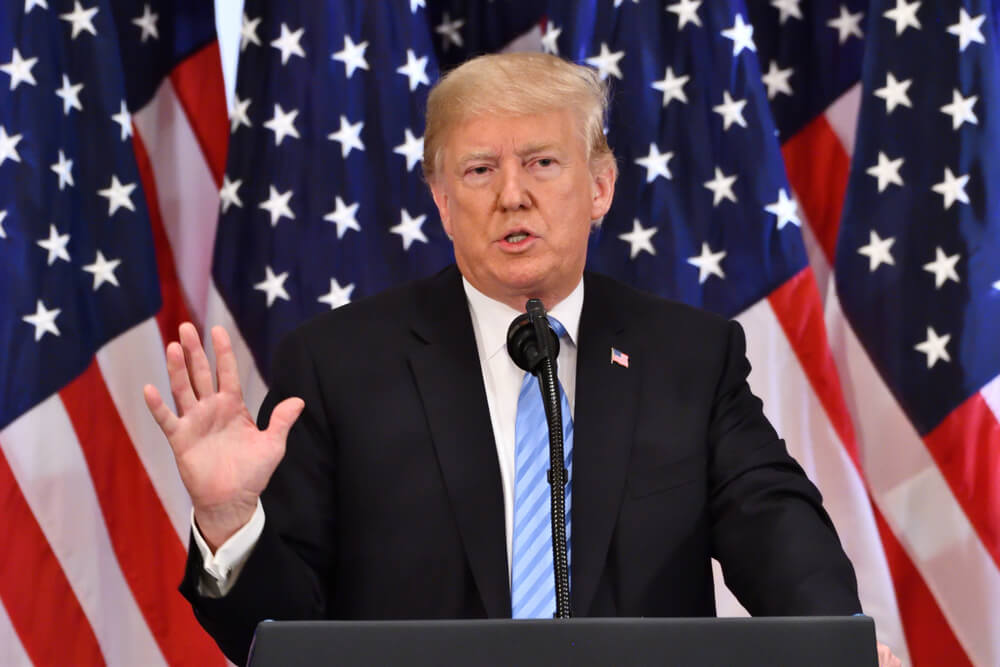President Donald Trump’s attempt to block a subpoena for eight years of his tax returns and financial records was denied by a federal appeals court Friday.
The U.S. Circuit Court of Appeals for the District of Columbia Circuit voted 2-1 to allow the subpoena from the House Committee on Oversight and Reform, which is controlled by Democrats. The subpoena was issued to Mazars USA, an accounting firm of Trump’s, and it was going after financial statements in relation to the Trump Corporation, Trump Organization and the Trump Old Post Office in Washington.
“Contrary to the President’s arguments, the Committee possesses authority under both the House Rules and the Constitution to issue the subpoena, and Mazars must comply,” Judge David Tatel wrote as part of the majority opinion, according to CNBC.
“We conclude that in issuing the challenged subpoena, the Committee was engaged in a ‘legitimate legislative investigation,’” he continued.
Former President Bill Clinton appointed Tatel to the bench, and Judge Patricia Miller, the other majority voter, was appointed by former President Barack Obama. Trump appointed Judge Neomi Rao to the same bench, and she was the only dissenting vote.
Trump still has time to react before the documents are released, though. The appeals panel placed the ruling on hold so Trump can decide if he wants to seek another hearing by the same panel, or even a hearing by all D.C. Circuit judges.
“We are reviewing the opinion and evaluating all appellate options,” Trump lawyer Jay Sekulow said.
“While we are reviewing the court’s lengthy decision, as well as Judge Rao’s dissent, we continue to believe that this subpoena is not a legitimate exercise of Congress’s legislative authority,” he added.
Rao stuck to her stance that Congress doesn’t have the power to enforce impeachable offenses, and that by issuing the subpoena it sets a precedent that could be problematic in the future.
“Investigations of impeachable offenses simply are not, and never have been, within Congress’s legislative power,” Rao said in her dissent. “Throughout our history, Congress, the President, and the courts have insisted upon maintaining the separation between the legislative and impeachment powers of the House and recognized the gravity and accountability that follow impeachment.
“Allowing the Committee to issue this subpoena for legislative purposes would turn Congress into a roving inquisition over a co-equal branch of government.”
